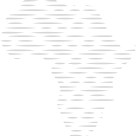Putting biodiversity datainto the hands of Africandecision-makers
How much biodiversity remains intact across sub-Saharan Africa?
The Biodiversity Intactness Index (BII) is a simple and practical tool that bridges the gap between biodiversity experts and decision-makers.
By mobilising biodiversity knowledge from experts across Africa, this collaborative project aids the incorporation of biodiversity data into decision-making for just and sustainable development across Africa.
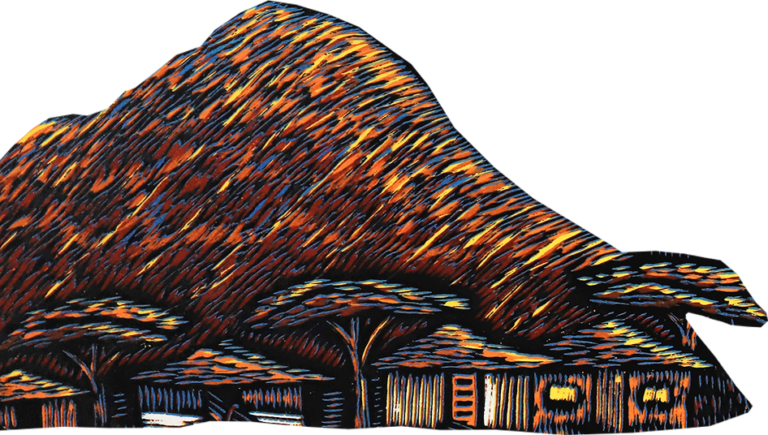

decision-making For sustainable development
needs good biodiversity data
Learn more about the Biodiversity Intactness Index for Africa (bii4africa) project and how the BII can guide sustainable and just decision-making in Africa.

1. Exploring the role of biosphere integrity in human well-being
ARTICLE WRITTEN JOHN DOE
Are we pushing the Earth too far to meet the demands of increasing human development? The planetary boundaries concept attempts to define the “safe-zone” in which humanity can continue to develop and thrive. If we were to overstep these boundaries our irreparable damage to the planet would result in a world in which humans would have a reduced quality of life. Find out more about how planetary boundaries and the BII help us to monitor biodiversity loss, and act before it’s too late to respond.
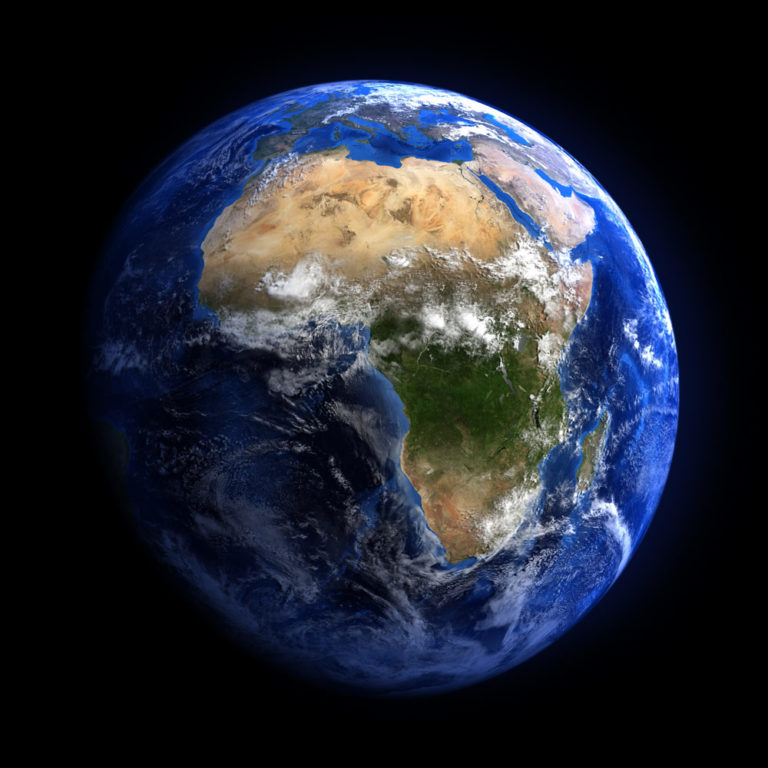

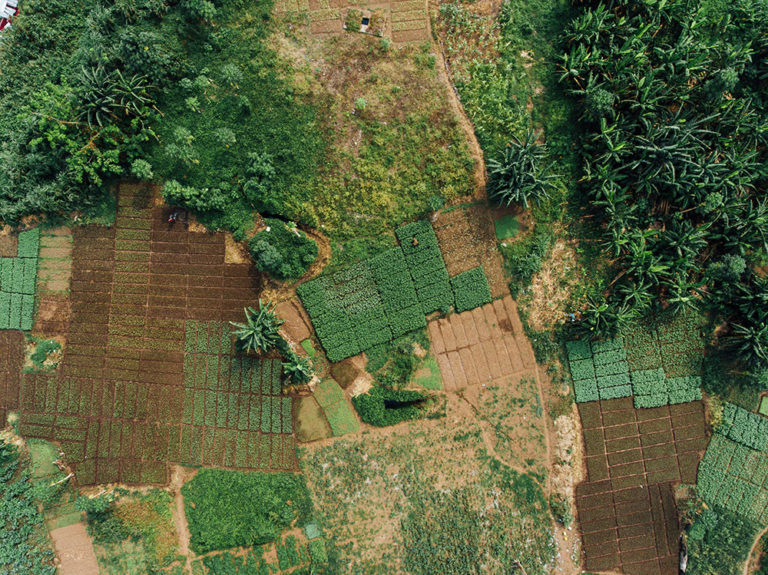
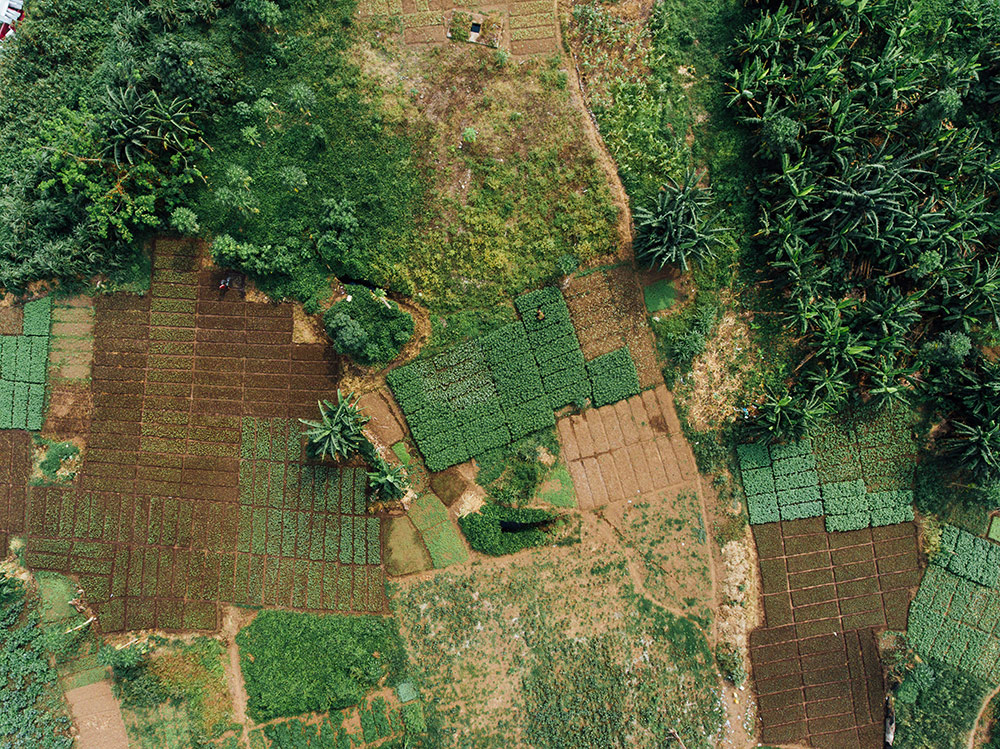
2. How does land use impact the ecosystem services biodiversity provides?
How often do you consider the source of the air you breathe, the food and water you consume or the worth of a natural vista? Nature provides us with valuable “ecosystem services”, without which human existence would be impossible. One of the most pressing threats to nature is our transformation of the natural landscape. Insights into the effects of various land uses on biodiversity can help guide decision-makers to balance development needs with environmental protection.
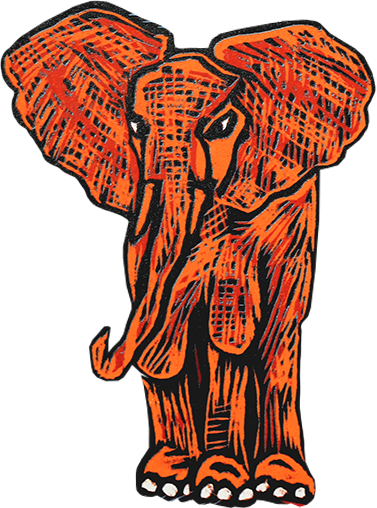
3. Measuring biodiversity with the BII to guide sustainable development
The Biodiversity Intactness Index (BII) is a practical tool that translates biodiversity data into a simple aid for sustainable decision-making. Find out how the BII works and how this project is using it to build an Africa-based platform for sharing biodiversity data linked to land use and other human activities.
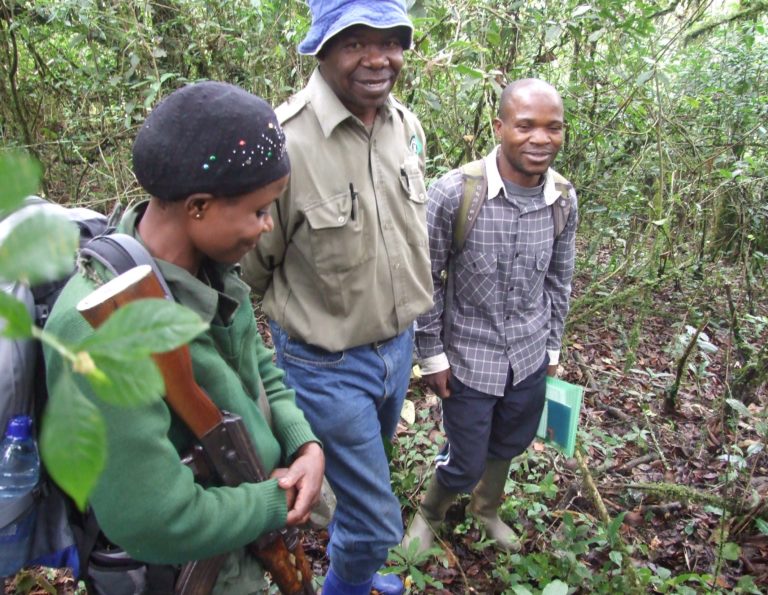





If Africa’s rich biodiversity were to disappear, the consequences for the continent’s people would be devastating. Decision-makers must be able to make informed and evidence-based decisions that integrate biodiversity knowledge into development plans. Read about how the BII’s collaborative Africa-based platform will help decision-makers to balance Africa’s socio-economic needs with the conservation of biodiversity and ecosystems.

